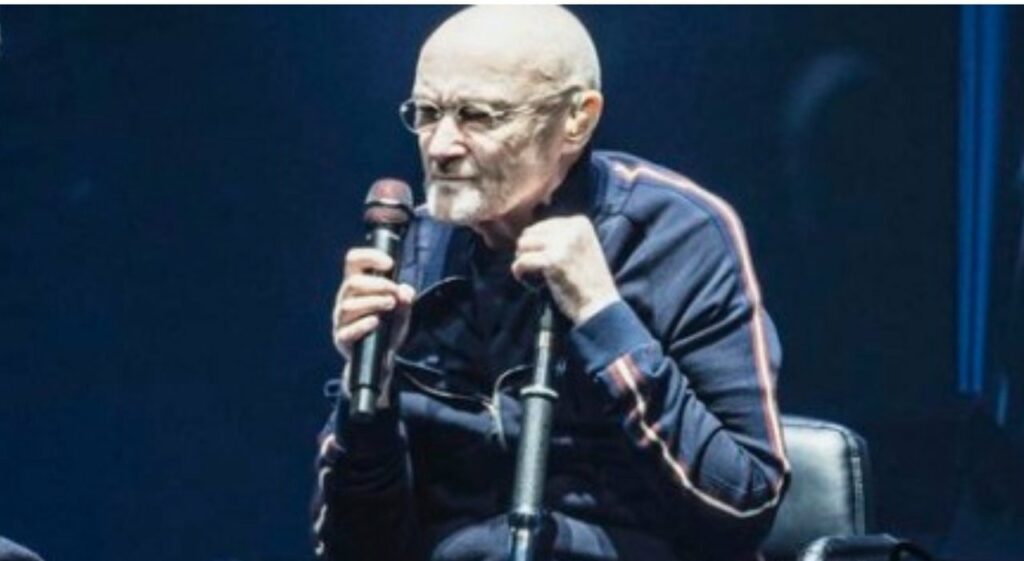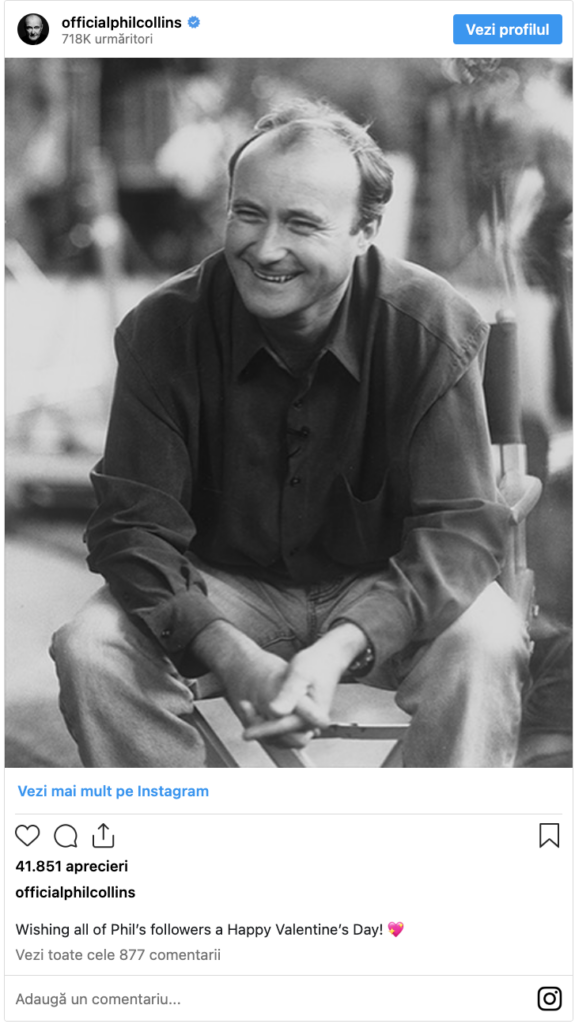Homelessness is a problem that many cities face around the world. Even though governments and organizations are trying to fix it, it’s still a big issue. One Canadian millionaire decided to make a difference in his own town with his money. Here’s his story.
In Fredericton, New Brunswick, Marcel LeBrun, a millionaire entrepreneur, took action to help homeless people in his community. Marcel, who made a lot of money from his successful social media monitoring company, decided to invest $4 million of his own money to build 99 tiny homes for those in need. He didn’t just stop at providing homes; he also created job opportunities with his unique approach. This project is called 12 Neighbours.
After selling his company and gaining a lot of wealth, Marcel wanted to use his money for good. Seeing the homelessness issue in Fredericton, he came up with the idea of a tiny home community to give homeless people a new start. He named his project 12 Neighbours and aimed to build a gated community with 99 homes and an enterprise center. This community offers both housing and job opportunities, giving homeless people a chance to rebuild their lives.

Homelessness is a big issue in New Brunswick, with about 1,600 people experiencing it in a single day last year. In bigger cities like San Francisco, Los Angeles, and New York in the United States, the number of homeless people is much higher. Marcel LeBrun saw a chance to make a difference and decided to help those struggling with homelessness.
Marcel’s project, 12 Neighbours, is not just about building tiny homes. He wants to create a supportive community for people. The tiny homes he’s building are more than just places to stay. They are fully-furnished with kitchens, living areas, bedrooms, and full bathrooms. They even have solar panels on the roofs. Marcel sees himself as a community builder, aiming to provide a better life for those in need.

To make his vision a reality, Marcel LeBrun set up a factory where skilled volunteers help build the tiny homes. Using modern techniques, the factory can produce one tiny home every four business days. Once a home is built, it is carefully placed on concrete blocks to form the foundation of the community.
Marcel believes that owning a home is important because it gives people a sense of responsibility and stability. By allowing people who have experienced homelessness to own their own homes, the 12 Neighbours project aims to empower them and create a supportive community.

Besides providing homes, Marcel LeBrun’s project also focuses on creating job opportunities for the residents. The 12 Neighbours community includes an enterprise center with a coffee bar and a silk printing business, both run by the residents. This helps generate income and encourages residents to interact with the wider community.
Like any big project, 12 Neighbours has faced criticism. Some people think it’s better to reintegrate homeless individuals directly into society rather than keeping them together in one place. However, Marcel understands these concerns and has taken steps to ensure the community is safe and supportive.
Marcel explained, “Building a few homes is just as complicated as building many, and we wanted to make a real impact on homelessness in Fredericton. If we want to make a meaningful difference, we need to build houses. If I take someone who’s been living outside and put them in a luxury apartment, they might not succeed because it’s not their community or environment.”

Marcel LeBrun knows how important safety is, so he has included top security features in the 12 Neighbours community. There are gated entrances and advanced surveillance systems to ensure residents feel safe and protected.
LeBrun mentioned that some residents face challenges when they first move in. He explained, “When someone moves into a house, they might have others trying to take advantage of them. They need to learn what it means to manage their own space and decide who they let in and out.”
One of the main goals of 12 Neighbours is to build a strong sense of community both inside and outside its gates. LeBrun wants to create a place where residents and the people of Fredericton can come together. The community has a coffee bar and a personalized printing business to encourage interaction and understanding.
LeBrun told CBC, “I see myself as a community builder. We’re not just building a small community; we’re helping to make our city better.”
Marcel LeBrun’s project to build 99 tiny homes in Fredericton, New Brunswick, is a great example of using personal success to help others. Through 12 Neighbours, he has not only provided homes for those in need but also created job opportunities and a supportive community. His efforts have given hope to many and inspired others to make a difference.
The Journey of Phil Collins: A Remarkable Career
Phil Collins, the legendary lead singer and drummer of Genesis, has had a tremendous amount of success in the music business throughout his remarkable career. He is honored to be included in the select group of musicians, including Michael Jackson and Paul McCartney, who have together sold over 100 million records in both solo and group projects. Born in London, England on January 30, 1951, to parents with a passion for the arts, Collins was surrounded by music from a young age.

Collins’s uncle gave him a homemade drum kit when he was five years old. His unique sound would be shaped by this kit, which included miniature drums, triangles, cymbals, and tambourines, and it would also set the path for his musical career.

Collins was enthralled with the burgeoning English beat culture as a child, led by bands like The Shadows. Playing often at parties thrown by his parents’ boating club, he embraced the new and vibrant musical scene that was developing.
Collins was intrigued to the rock and roll genre after being exposed to it. He bought a record player and The Beatles’ “Please Please Me” album when he was fourteen years old. He put his drum set in front of a mirror and turned up the sound so he could practice drumming more. He could participate in this way without having to look away.
Collins was motivated to learn how to read drum sheet music, so he started tutoring students. He was aware of the usefulness of written music for playing in orchestras or dancing bands, but he soon found that playing purely intuitively spoke to him more.

Collins’ life unexpectedly took an unexpected turn in the 1970s when he came across an ad looking for a drummer for the band Genesis. Collins took a chance and contacted them, and they accepted him, ushering in his remarkable musical career.
Collins was essential to Genesis during his tenure, eventually taking over as lead vocalist when other acceptable alternatives failed to materialize. Collins overcame difficulties in adjusting to his dual duty as drummer and vocalist and went on to become one of the best musicians in the business.
Collins had enormous success both as a solo artist and as a member of Genesis. He produced singles that will never be forgotten, including “In The Air Tonight,” “You Can’t Hurry Love,” and “I Don’t Care Anymore.” He chose to pursue other musical endeavors after 25 years with Genesis, concentrating on solo work, film music, and jazz ventures. But he got back together with his old bandmates in 2017 to go on the world tour for Last Domino.

Sadly, the tour had to be postponed because of the epidemic. Concerns regarding Collins’ health surfaced during an interview with BBC Breakfast, just before the tour started. With Collins returning to the vocals and his son Nicholas Collins taking up the drums, the band is optimistic about upcoming shows.
Although Nicholas is a superb drummer, Genesis keyboardist Tony Banks recognizes that he adds a special force to the songs from the early Phil Collins catalog. Phil said, “I’d like to, but I can scarcely grip a stick with this hand,” in response to a question regarding his absence from the drum kit. Collins is adamant about pursuing his musical dreams despite his physical restrictions and is willing to get over any barriers that stand in his way.

The narrator himself, a man our age, spoke openly and with a deep sense of loss about his physical struggles in a recent interview. He thought about how he could never travel with his son or share in his travels. He had to make a tough choice on whether to pursue his musical career further or give it up. It was obvious that either because of physical constraints or deliberate decisions, he would have to give up something that was important to him. He worried a lot about the consequences of missing out on life’s prospects because things were changing so quickly.

Despite everything, Phil Collins continues to be an inspiration, exhibiting fortitude and a strong love of music despite hardship. His story offers as a monument to the strength of pursuing one’s goals in spite of obstacles. We celebrate the lasting impact he has made on the music industry and look forward to his potential future musical efforts as we reflect on his incredible career.



Leave a Reply